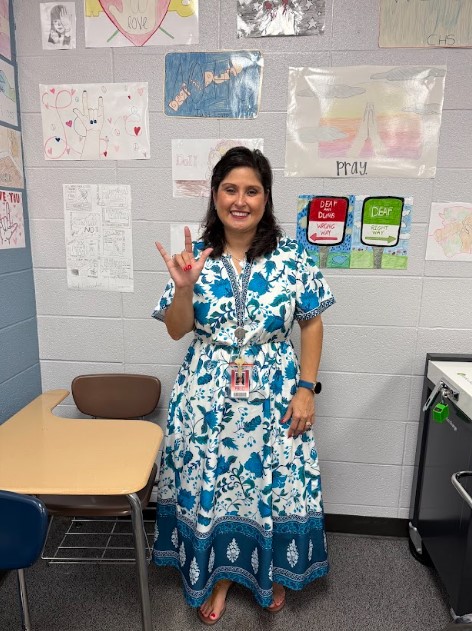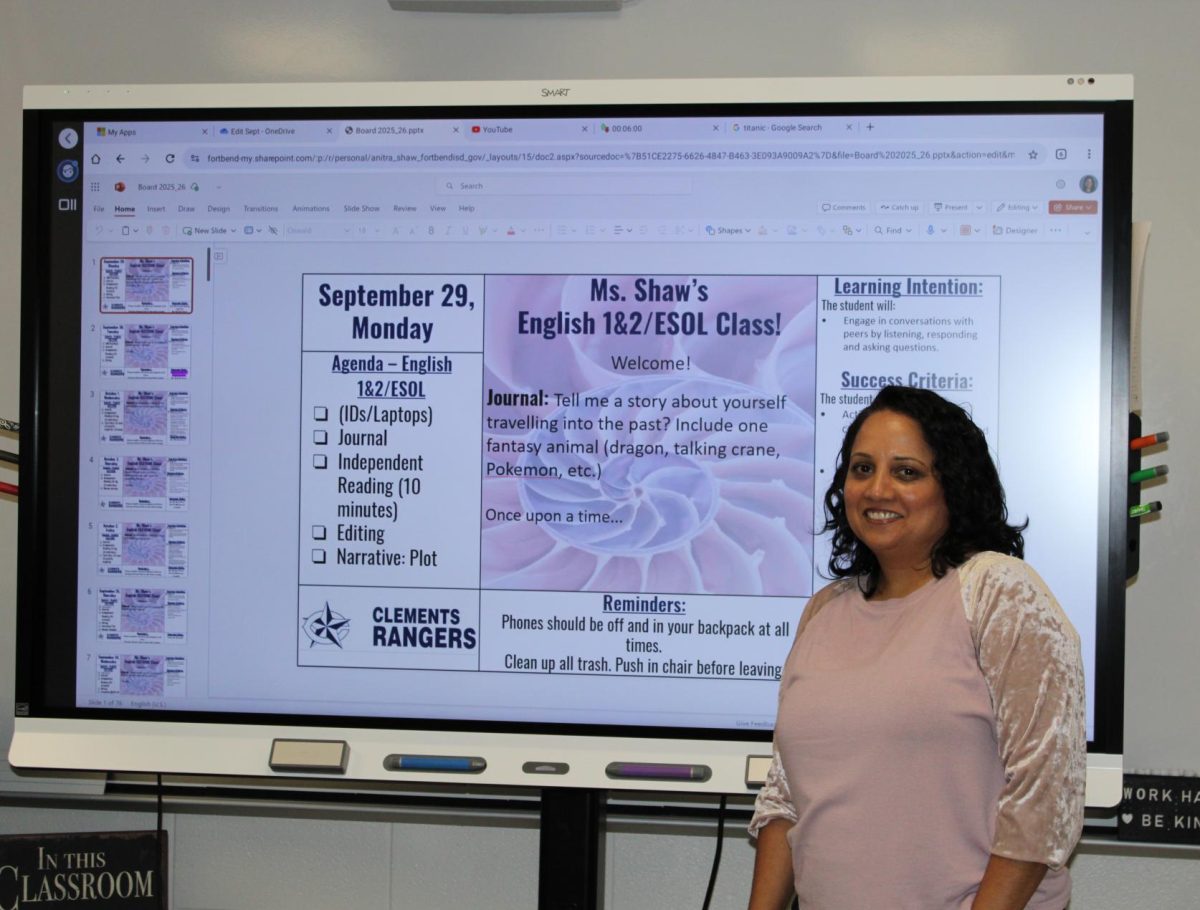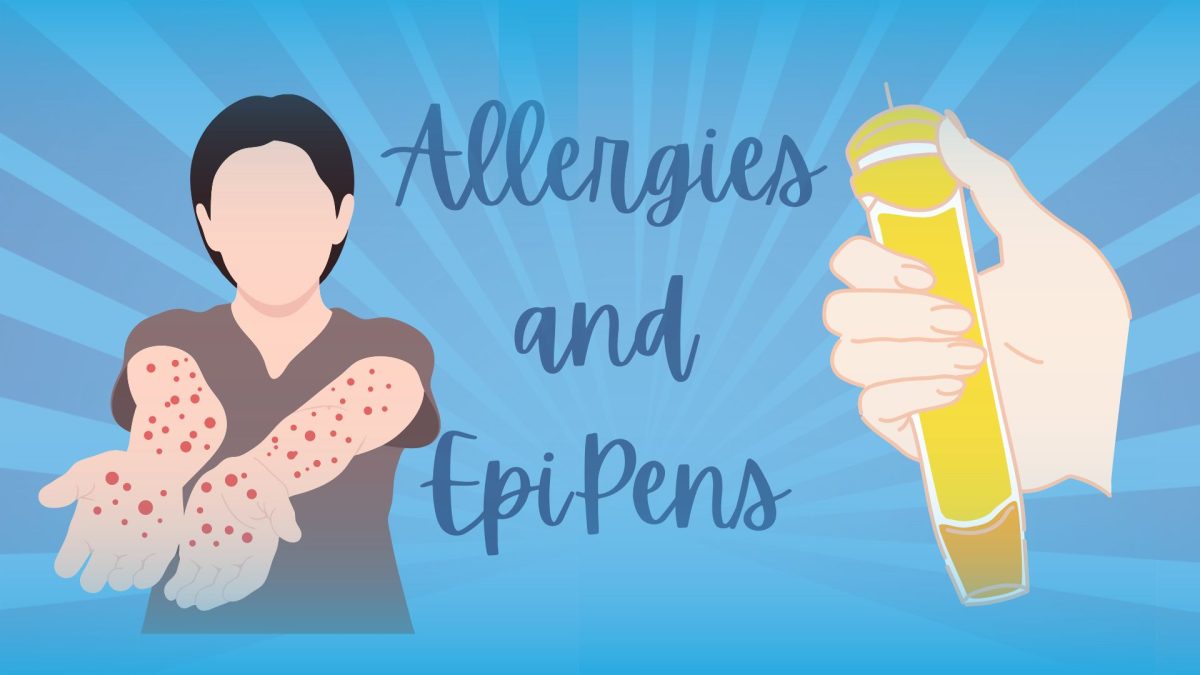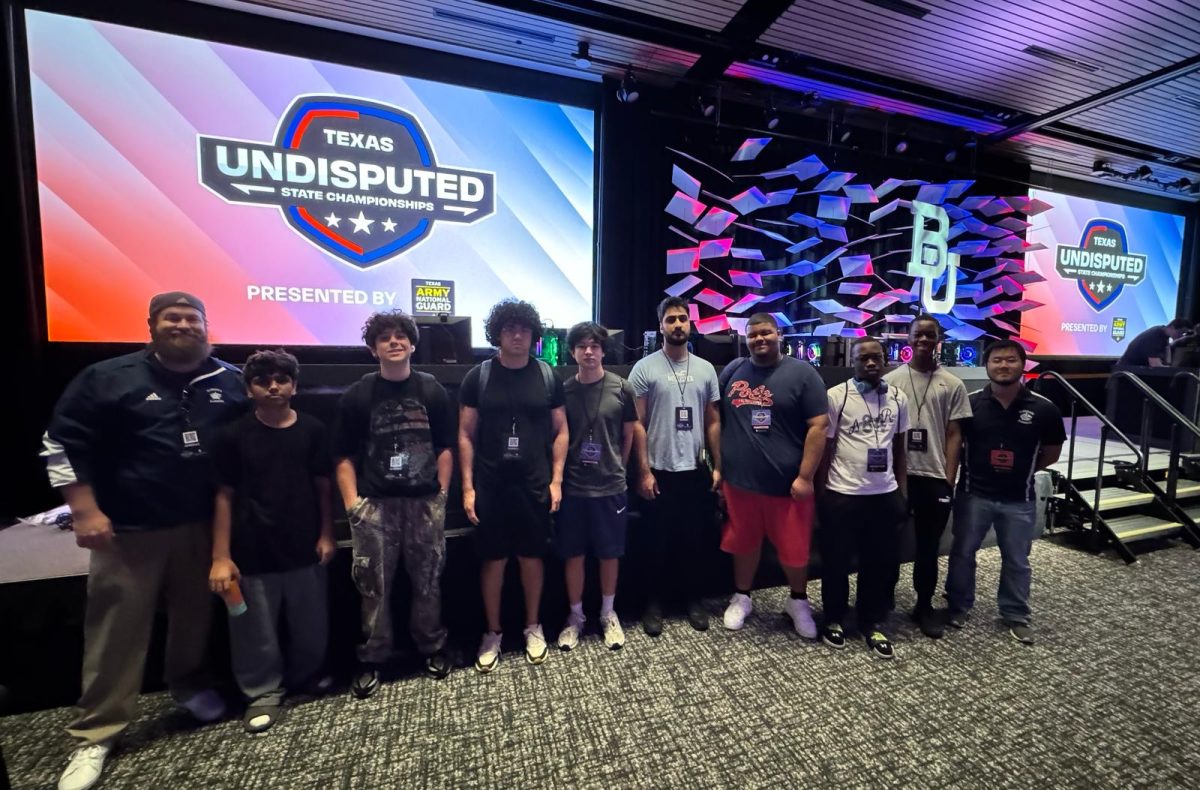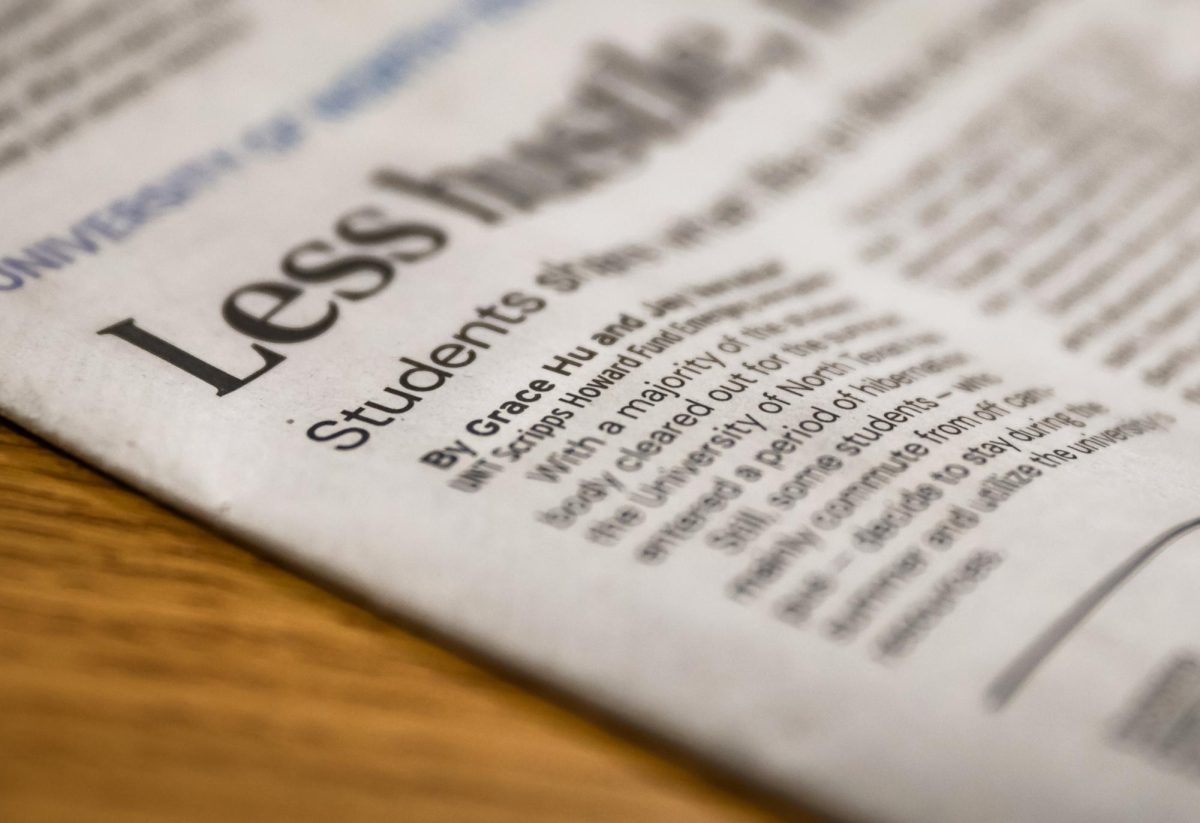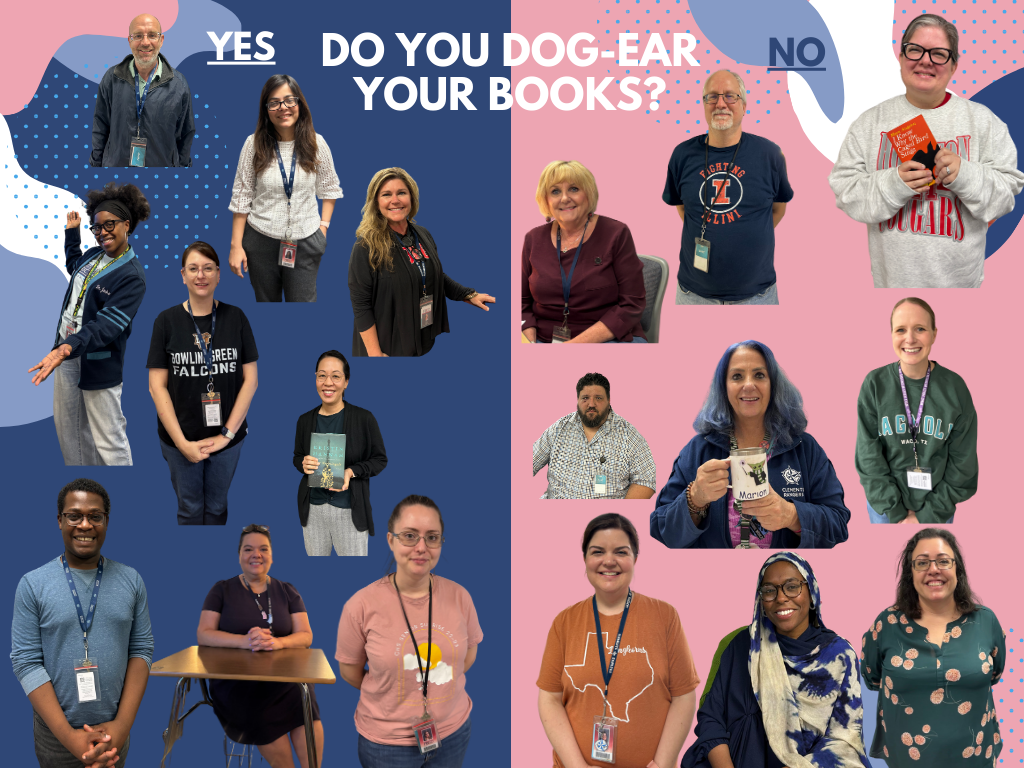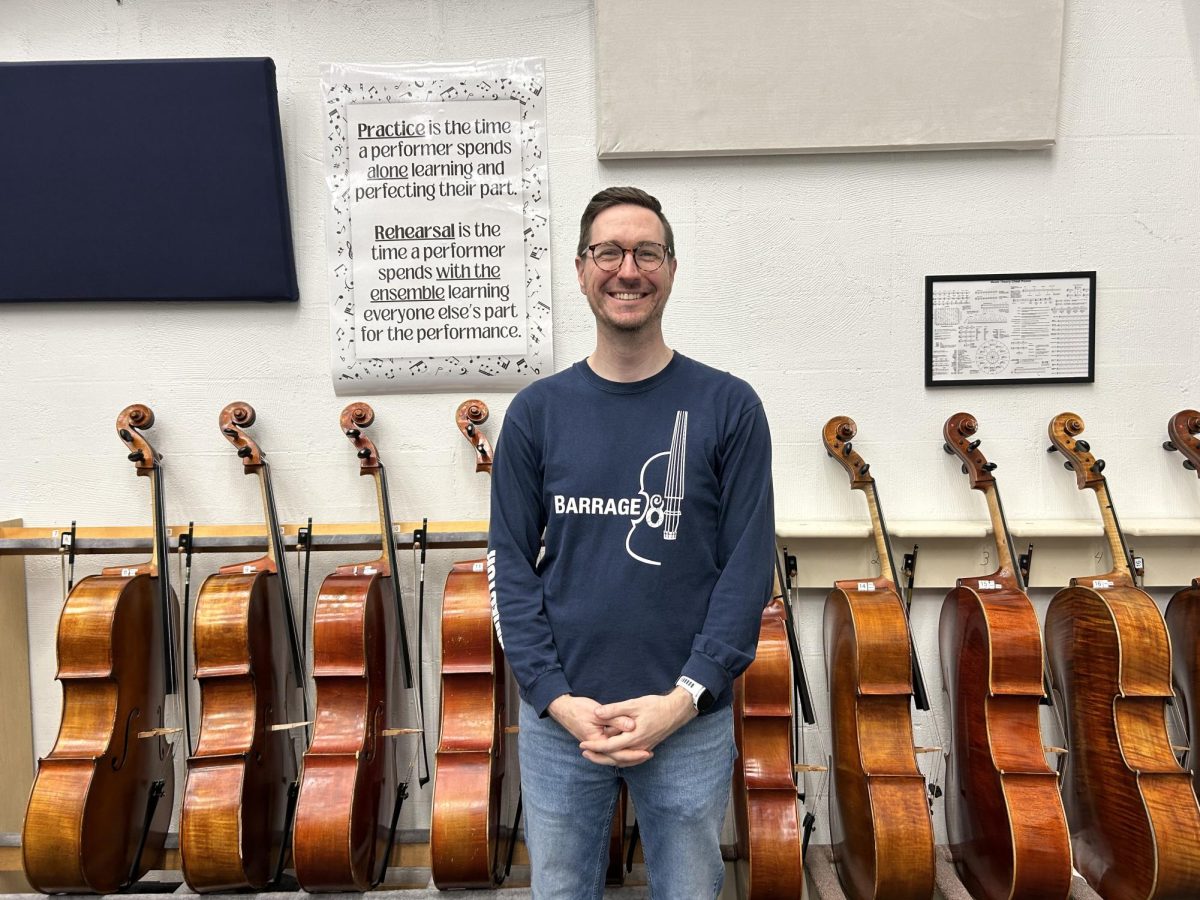With 28 years of teaching American sign language, Olga Campbell continues to teach her students how to speak using only their hands. Of those 28 years, Campbell spent 27 years at Clements inspiring many students’ lives.
Jamey Johnson: What is your name and how long have you been teaching?
Olga Campbell: Hello, my name is Mrs. Campbell. This is my 28th year of teaching and 27 years at Clements High School.
JJ: When did you first learn sign language, and why do you think it’s important for students to learn?
OC: So, I did not learn sign language until I was in college. I had a deaf professor for two out of the four semesters that I took ASL, and the reason why I think ASL is important for students is because they may meet or work with deaf people in the future or maybe this can be a job opportunity for them. Just like all the other languages, it’s a great opportunity to connect with someone that’s different than them.
JJ: What age did you know that you wanted to teach sign language and why?
OC: So, sign language as a profession didn’t really happen until the mid-2000s, and so I always thought I was going to teach deaf children, and when I was in fifth grade, I met deaf people for the first time. I was really fascinated with the language, and so I thought I could teach deaf children, and so that’s what my degree is in, deaf education.
JJ: What is your favorite thing about teaching sign language?
OC: One of the things I love about teaching sign language is when the students have their ‘Aha!’ moment and when they can really connect with the language, and they start using it and signing and really getting involved in the language and showing and expressing in the language.
JJ: What is the hardest thing about teaching sign language?
Sometimes some kids struggle with the language because they have spatial relationship issues with their signing space. They have trouble with facial grammar, which is having…your eyebrows either need to go down for [who-what-when-where-why-how] questions or up for yes-no questions, and sometimes students just have a hard time because they don’t want to give expression, and so sometimes that’s a challenge. And really, sometimes kids just have a hard time memorizing vocabulary.
JJ: What was your biggest challenge when learning sign language?
OC: My biggest challenge was trying to read what deaf people were signing and me trying to interpret it. A lot of people think after I finish teaching like I can go be an interpreter, but being an interpreter is a totally different mindset. It’s a totally different skill. It’s something that I can’t just do overnight just because I know sign language. So, I think the hardest part for me sometimes is when I read, when I see deaf people signing and trying to convey it in English, well, putting it together so it flows well sometimes is a challenge for me.
JJ: What is your favorite memory of being a sign language teacher?
OC: Well, I enjoy when students sign songs. I find that to be just, it’s beautiful. And so…my favorite thing is at the end of the year when students are signing either partner songs or individual songs, and some songs move me and make me cry. It’s beautiful.
JJ: What has been your favorite song someone’s signed?
OC: One time I had two girls. They signed the song from Tarzan…so they signed it and then there was a part where in the movie there’s no singing, but it’s showing the action of the parents being in a storm and then drowning and dying and so they signed that portion of the song like they did the storyline, so it was very moving.
JJ: What do you do in your free time?
OC: I enjoy cooking, and I enjoy baking. I may not be the best, but I enjoy doing that. I enjoy traveling and honestly, my children keep me very active, so I’m always running around seeing Olivia and being her biggest fan or seeing Caitlin and being her biggest fan.
JJ: What is your teaching philosophy?
OC: My teaching philosophy is I think, with time, every child can learn. It’s just sometimes it takes longer for others.
JJ: Is there something unique that students may not know about you?
OC: I taught deaf children my first year in teaching. I taught [kindergarten] and first grade deaf kids; it was a mixed class. It was very challenging. Sadly, I didn’t have a lot of support, and my husband was here at Clements, and I found out they needed a new ASL teacher, and so I very quickly rushed over to Clements High School, and I thought maybe if I can’t teach deaf children, maybe some students will want to either be interpreters or teachers for the deaf.
JJ: Have you ever had a personal experience when you found knowing ASL was handy?
OC: I mean I’ve met a couple of deaf people. You know, they’re workers. I’ve met some at Target or Kroger and so usually they tell me like, you know, I can’t hear and they want to write stuff and I can communicate with them and they get very excited because I know the language and I can communicate with them instead of them trying to write things down or trying to figure it out through text messaging or whatever and so it’s been handy just meeting random deaf people at the grocery store or Target.
When I went to Gallaudet University two years ago, I made it a point. I wanted to go to the deaf Starbucks. So this Starbucks is right next to Gallaudet University where all the workers are deaf and everything. And so, I mean I wanted to go to experience it so I can go sign with them. You know, I wanted my daughters to do the same and so I made them go up and do their order and so it was really neat, and they enjoyed the fact that we signed even though we were hearing and so it was kind of a cool experience.
JJ: What do you think teaching or learning ASL teaches other kids not learning ASL? Does it teach them patience? Does it teach them how to communicate?
OC: I think it teaches them that there are differences, and there’s different languages and sometimes people just assume spoken languages are the only language. Lots of…students on this campus don’t know or don’t understand why ASL is part of the world language, like under the world language department and because they just think ‘Oh, it’s signed.’ …you know deaf people are not foreign but foreign just means different than what you know, and so yes, a lot of it is patience. A lot of it is the understanding and the accepting of everybody being unique and different.
JJ: What do you hope that your kids take away from your class?
OC: I hope that they will have learned something enough that if they do meet a deaf person, they will feel comfortable enough to try to have a conversation with them, even if my student is working at Target or Walmart and they meet somebody and or even at a like Chick-fil-a, and they are encountered with a deaf person. Hopefully they can have even a small conversation with them. That would be nice because I think the deaf person would appreciate having the conversation with anybody that knows their language.

